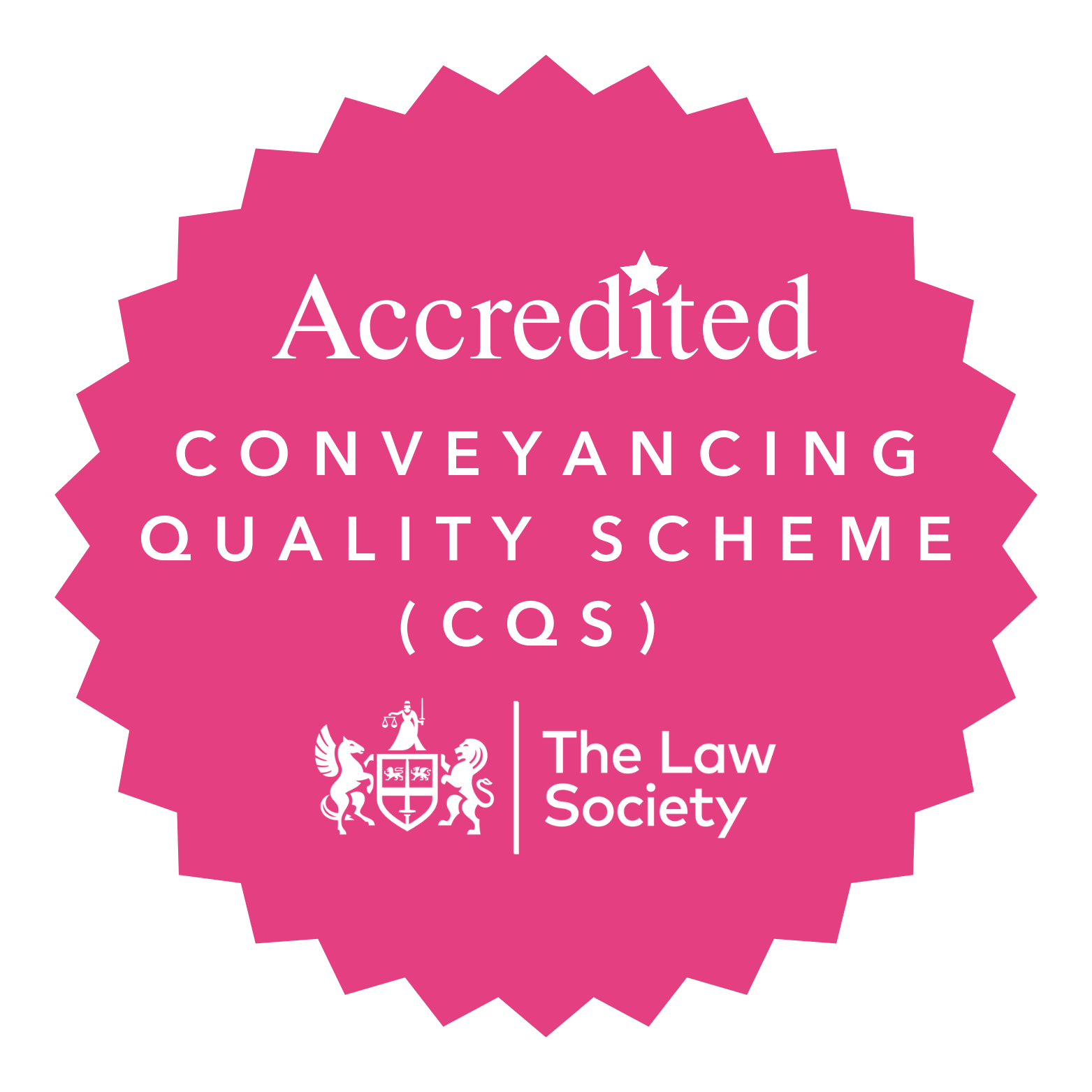Our solicitors have a wealth of experience in handling complex and often highly emotional issues involving children. Whether the situation is acrimonious or amicable, following the breakdown of a relationship, or where social services are involved, many people experience difficulty in resolving arrangements for their children. Over the years, we've extended our support to a multitude of families, helping parents, grandparents, and other family members navigate the emotional challenges and sensitivities typical of these situations. Most of our solicitors are also authorised by the Law Society to represent children. We can help you and your family to agree practical solutions to promote the best interests of your children, or, where agreement cannot be reached, to resort to Court proceedings.
We can advise and assist on a wide range of children related issues, including:
- Acquisition of legal rights for children by parents and extended family members
- Advice to Grandparents
- Care Proceedings
- Child Arrangement Order
- Child Custody
- Child Maintenance Payments
- Co-parenting agreements
- Grandparents and Other Family Members
- Grandparents' Legal Rights in the UK
- International Children Law
- Legal Aid
- Parental Responsibilities
- Private UK Adoption
- Special Guardianship Orders
- Residence
- Surrogacy
- Taking Children into Care
- Types of Care Issues We Handle
Our solicitors are members of the Law Society Children Panel which means that they have shown, to the satisfaction of the Law Society, that they have and will maintain a high level of knowledge, skills, experience and practice in the area of children law.
For further details contact Richard Westley on 01827 317070 or family@pickerings-solicitors.com
Failure to comply with a court order UK
When parents find it challenging to agree on their children's living arrangements once they have separated, the court steps in with a child arrangement order. This legal decree clearly outlines the child's living arrangements..
The order is not just a guideline - it's a legal obligation. Child arrangement orders, once issued, can be challenging to enforce, often necessitating additional support from a solicitor. Our specialist team of family solicitors is able to support you with this.
Failing to adhere to the order, can lead to contempt of court, which might result in fines, enforcement orders, or even, in very rare cases, imprisonment.
What is a specific issue order?
A Specific Issue Order is a formal decision made by the family court. Its purpose is to clear up any particular disagreements or questions when it comes to child arrangements.
Often, separated parents lean on this order when they can't find common ground on decisions about their child's upbringing and overall well-being.
It's important to note that these orders aren't just for biological parents. Those eligible include:
- Parents
- Step-parents
- Legal guardians
- Anyone with parental rights and responsibilities
- Individuals named in a Child Arrangement Order
If someone doesn't have parental responsibility, they can still aim for a Specific Issue Order. However, they'll need permission from the court first.
Can I modify a child arrangements order?
During the process of divorce or separation, parents aim to minimise the effects on their children.
It's natural that some parents struggle with setting up suitable arrangements for their children. Often, these disagreements can be addressed through mediation or constructive discussions.
When parents can't find common ground however, the solution often lies in a child arrangements order, which is designed to prioritise the child's well-being.
The family courts issue these orders to safeguard the child's living situation, ensuring it aligns with their best interests. As situations evolve — parents' lives change and children grow — these orders can be adjusted.
Yet, it's crucial to remember that the original order reflected the court's judgement of the child's best interests at that moment. Consequently, any alterations to this order should only occur with the court's consent or the other parent's agreement.
Can my ex partner prevent me from relocating with our children?
Navigating life choices after separation can be intricate, especially if one parent wishes to relocate.
Often, there's a misconception that if children primarily reside with one parent (often termed the “Primary Carer” or PC) and have visits with the other parent (the “Non-Resident Parent” or NRP), the children will naturally relocate with the primary carer without any contest.
But, this isn't necessarily true. The NRP is able to take legal action against the PC.
Separated parents and schools
Schools act as crucial anchors in a child's growth, offering more than just education; they provide routine, structure, social opportunities, and a safe environment.
For separated parents, the paramount concern should always be the child's best interests. Whether the decision involves relocating or selecting a middle or secondary school, the child's needs must be considered as the priority.
However, these choices can become complex when parents have differing opinions or reside in different areas, but ideally should be a joint decision made by both parents or those with parental rights.
If you are having trouble agreeing on a school, the court can step in. They'll look at what's best for the child, taking into account practical things like school fees and travel. If one parent changes the school without letting the other know, you can approach the court to address the issue. Remember, these court decisions can take up to six months, so preparing and seeking professional advice from a solicitor is essential.
What does child contact and access mean?
Child contact describes the moments children share with a parent they don't primarily reside with. Such interactions can take place directly, in a face-to-face setting, or indirectly through means like phone calls, texts, and letters. In certain circumstances, the presence of a trusted family member or close friend is necessary during these contact sessions. Alternatively, the contact may occur without any supervision.
Contact Richard Westley in confidence on 01827 317070 or email family@pickerings-solicitors.com and we may be able to answer any questions you have very easily.



